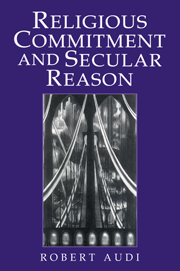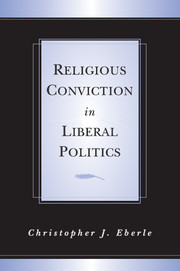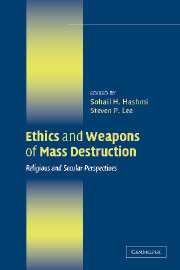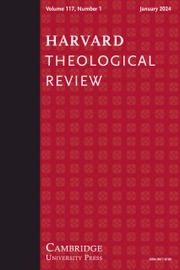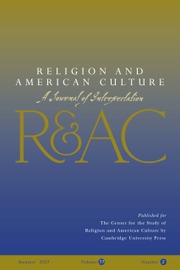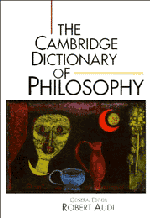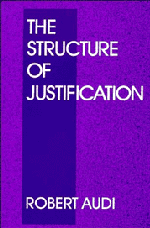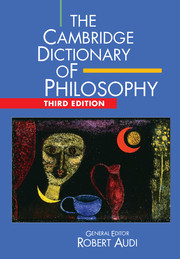Religious Commitment and Secular Reason
Many religious people are alarmed about features of the current age - violence in the media, a pervasive hedonism, a marginalization of religion, and widespread abortion. These concerns influence politics, but just as there should be a separation between church and state, so should there be a balance between religious commitments and secular arguments calling for social reforms. Robert Audi offers a principle of secular rationale, which does not exclude religious grounds for action but which rules out restricting freedom except on grounds that any rational citizen would accept. The book describes the essential commitments of free democracy, explains how religious and secular moral considerations can be integrated to facilitate co-operation in a world of religious pluralism, and proposes ideals of civic virtue that express the mutual respect on which democracy depends. Audi offers a balanced and sophisticated treatment of the relations between religion and politics in a modern, secular society.
- Examines how to combine a religious commitment with a secular, liberal society
- Strong interdisciplinary interests
- Audi has high recognition in fields of philosophy and religious studies - More recognition through the Dictionary of Philosophy should help. (book will be appearing in the wake of the second edition)
Reviews & endorsements
"Helpful and thorough...provocative..." Journal of International Migration and Integration
"Audi's account of church-state separation, joined with an attempted integration of religious commitment and secular morality, is among the best of the current descriptions of the place of religious convictions within pluralistic democracies." Religious Studies Review
"This is one of the best books on religion and politics in current literature." Philosophia Christi, Brendan Sweetman, Rockhurst University
Product details
October 2010Adobe eBook Reader
9780511784071
0 pages
0kg
This ISBN is for an eBook version which is distributed on our behalf by a third party.
Table of Contents
- Part I. The Foundations of Democracy and the Separation of Church and State:
- 1. The plurality of paths to Liberal democracy
- 2. The separation of church and State
- 3. Church-State separation and the justification of Governmental power
- Part II. The Ethics of Citizenship and the Balance of Religious and Political Arguments:
- 4. Religious convictions and secular reasons
- 5. Religion and ethics: toward integration
- Part III. Civic Virtue and Political Activism in a Religiously Pluralistic Democracy:
- 6. Civic virtue
- 7. Religious conviction and political activism
- 8. Conclusion: ethics, reason, and democracy.

